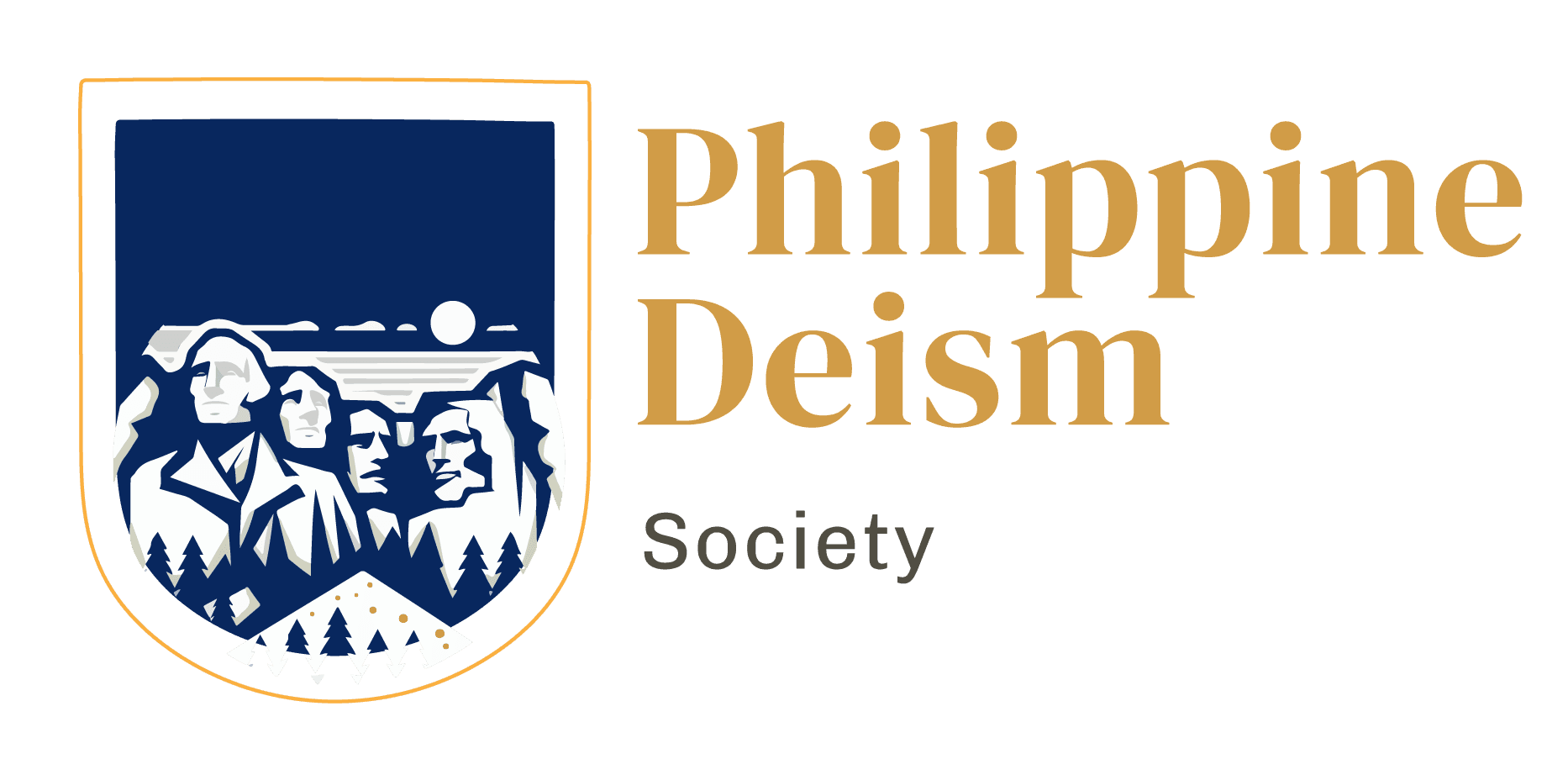Deism and Theism represent two distinct approaches to understanding God and spirituality. While Theism is centered around the belief in a personal God who actively intervenes in human affairs, Deism posits that a divine creator exists but does not interfere in the universe’s natural laws. This article explores the advantages of Deism over Theism by highlighting key differences in rationality, personal freedom, moral autonomy, compatibility with science, and more.
Key Differences Between Deism and Theism
Rationality and Intellectual Freedom
Deism: Encourages the use of reason, observation, and critical thinking to understand the divine. Deists believe that nature and the universe provide sufficient evidence of a creator without the need for revealed scriptures or religious authorities.
Theism: Often relies on faith, religious texts, and divine revelations, which may not always align with reason and logic. Theistic beliefs can sometimes discourage questioning and intellectual exploration.
Freedom from Religious Dogma
Deism: Rejects institutionalized religion, allowing individuals to develop their own spiritual understanding without being bound by specific religious traditions or rituals. Deism fosters a more personalized and flexible approach to spirituality.
Theism: Typically associated with organized religions that impose structured doctrines, rituals, and clerical authorities. Religious dogma can sometimes lead to division, intolerance, and conflicts between different belief systems.
Moral Autonomy and Ethical Responsibility
Deism: Believes that morality is based on reason, empathy, and natural law rather than divine commandments. Deists trust that individuals can determine right from wrong through logic and ethical reflection.
Theism: Often ties morality to religious texts and divine laws, which can lead to rigid moral codes. Theistic morality may be influenced by scriptural interpretations that do not always align with modern ethical standards.
Compatibility with Science and Progress
Deism: Embraces scientific discoveries and sees them as a way to understand the divine order of the universe. Deists believe that natural laws govern the cosmos, and science helps reveal these truths.
Theism: Can sometimes be in conflict with scientific findings, especially when religious doctrines contradict empirical evidence. Theistic traditions that emphasize miracles, supernatural intervention, and creationist beliefs often struggle to reconcile faith with modern scientific advancements.
A Universal and Inclusive Perspective
Deism: Promotes a broad, inclusive spirituality that does not claim exclusivity. It acknowledges that people from diverse backgrounds can come to an understanding of the divine through reason and personal exploration.
Theism: Many theistic religions claim to possess the absolute truth, often leading to exclusivism and division. Religious differences have historically fueled conflict, intolerance, and sectarianism.
Liberation from Fear-Based Beliefs
Deism: Encourages a view of the divine that is rational, benevolent, and free from fear. Deists do not believe in eternal punishment or divine retribution but rather in a universe governed by natural law.
Theism: Many religious traditions use fear-based doctrines, such as the threat of hell or divine wrath, to enforce obedience and control behavior. These fear-driven beliefs can lead to anxiety, guilt, and a limited worldview.
A Focus on the Present Life
Deism: Emphasizes the importance of the present world, encouraging individuals to find meaning through reason, relationships, and contributions to society. Deists value the appreciation of nature and the pursuit of wisdom as essential aspects of a fulfilling life.
Theism: Often places a significant focus on the afterlife, sometimes at the expense of appreciating and improving life on Earth. Many theistic traditions encourage followers to prioritize salvation, which can lead to neglecting present-world responsibilities and opportunities.
Personal Relationship with the Divine
Deism: Allows individuals to cultivate their own understanding of the divine without intermediaries such as priests, religious leaders, or sacred texts. This fosters a direct and personal spiritual connection.
Theism: Typically involves structured religious institutions that mediate the relationship between believers and the divine. Many theistic traditions require adherence to specific rituals, prayers, and doctrines dictated by religious authorities.
Encouragement of Open Inquiry and Adaptability
Deism: Encourages questioning, exploration, and openness to new ideas. Since Deism is not bound by static religious texts, it can evolve with advancements in knowledge and philosophical understanding.
Theism: Often discourages questioning of fundamental beliefs and sacred texts. Many theistic traditions resist change, making it difficult for religious institutions to adapt to new ethical, scientific, and philosophical insights.
Freedom from Religious Conflicts
Deism: Promotes a more peaceful and tolerant approach to spirituality by focusing on reason and universal principles rather than dogmatic beliefs. Deists do not engage in religious wars or persecution over doctrinal differences.
Theism: Many religious conflicts throughout history have been driven by differing theistic beliefs. Wars, persecutions, and sectarian violence have often been justified in the name of religious truth.
Conclusion
Deism presents a compelling alternative to Theism by prioritizing reason, intellectual freedom, moral autonomy, and harmony with science. It liberates individuals from fear-based doctrines, dogmatic traditions, and religious conflicts while encouraging a more personal and rational approach to spirituality. By focusing on natural laws, ethical responsibility, and the pursuit of knowledge, Deism offers a fulfilling and enlightened path to understanding the divine and living a meaningful life.

